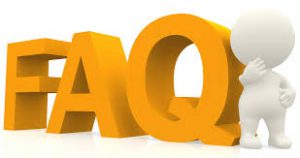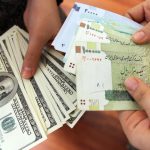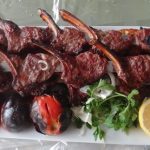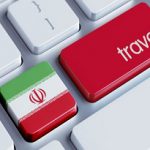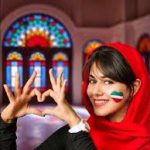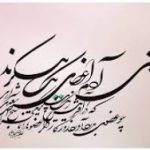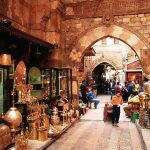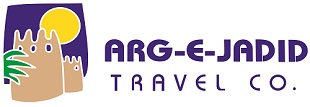
|
|
|
|
|
|
Need to know for travel to Iran
|
|
|
|
|
|
|
|
General information about Iran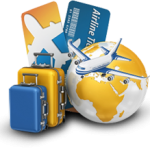
Climate: Iran has a continental climate with large temperature fluctuations between summer and winter.
Clothing Guidelines for Tourists:
For Women:
In Iran, all women, including tourists, are required by law to abide by the guidelines listed below for dress while in public. Should a tourist forget to abide by these guidelines, she need not fear; she will likely be kindly reminded by a local to do so.
1. Long shirts or tunics to mid-thigh with long sleeves
2. Long pants, jeans, or skirts that completely cover the legs
3. Scarf for covering the hair (it is not necessary to cover the neck)
For Men:
1. Long pants or jeans
2. Shirts with sleeves, short or long (no sleeveless shirts)
Notes:
1. Any variety of colors may be worn.
2. While on mountain and nature tours, it is advised to wear comfortable clothes with light colors.
Cuisine: Persian cuisine is very diverse. Main dishes are often made of basmati rice with various stews, especially of vegetables and lamb. In the upmarket hotels international dishes are offered.
Currency: 10 Iranian Rial = 1 Tuman. Cash in Euros or Dollars is recommended; Currency exchange due to the favourable exchange rate is only locally meaningful. Credit cards and travellers checks are not accepted, except for some carpet dealers and miniaturists.
Customs regulations: Customs duty is 200 cigarettes, 50 cigars or 250g of tobacco, 150 grams of gold jewellery, carpet 20m2 per person as well as souvenirs. An import of alcohol to Iran is prohibited and will be severely punished. (Also applies to chocolates, bitters, etc. In addition, no cassettes / CDs with “Western music” as well as illustrated books and magazines may be imported.)
Health: Drink tap water, and refrain from eating unpeeled fruit, raw salads and ice cream.
Hotels: There are hotels of the middle or upper class category. There is overall good and proven homes. In general, however, the standard of Iranian hotels with the same classification is not comparable with that of European hotels.
Official language: Persian; young people often speak English, sometimes French or German
Opening times: Shops: daily 9:00 to 13:00 / 16:00-21:30 o’clock; Banks: Saturday to Wednesday 07.30-15.30 o’clock, Thursday 7:30 to 12:00. Friday is holiday, that means all offices and most shops are closed.
Phone code: From Europe to Iran: +98-; from Iran to Germany: +49-, to Switzerland: +41-, to Austria: +43-.
Photographing: Please do not photograph military objects, oil fields or airports.
Population: Ca. 75 million, of which approximately 15% in Tehran
Religion: 98% Muslims (of which 88% Shiites) and the rest are Armenian Christians, Zoroastrians, Jews and others.
Souvenirs: Gold, Mosaic boxes, printed tablecloths, carpets, hand-painted miniatures, rose water, attar of roses, spices, etc.
Time: Iranian Time = Central European Time plus 2.5 hours (Greenwich: +3.5 hours).
Vaccinations: Please observe the provisions of the Iranian diplomatic mission in your country.
Voltage: 220 VAC, European round plugs
